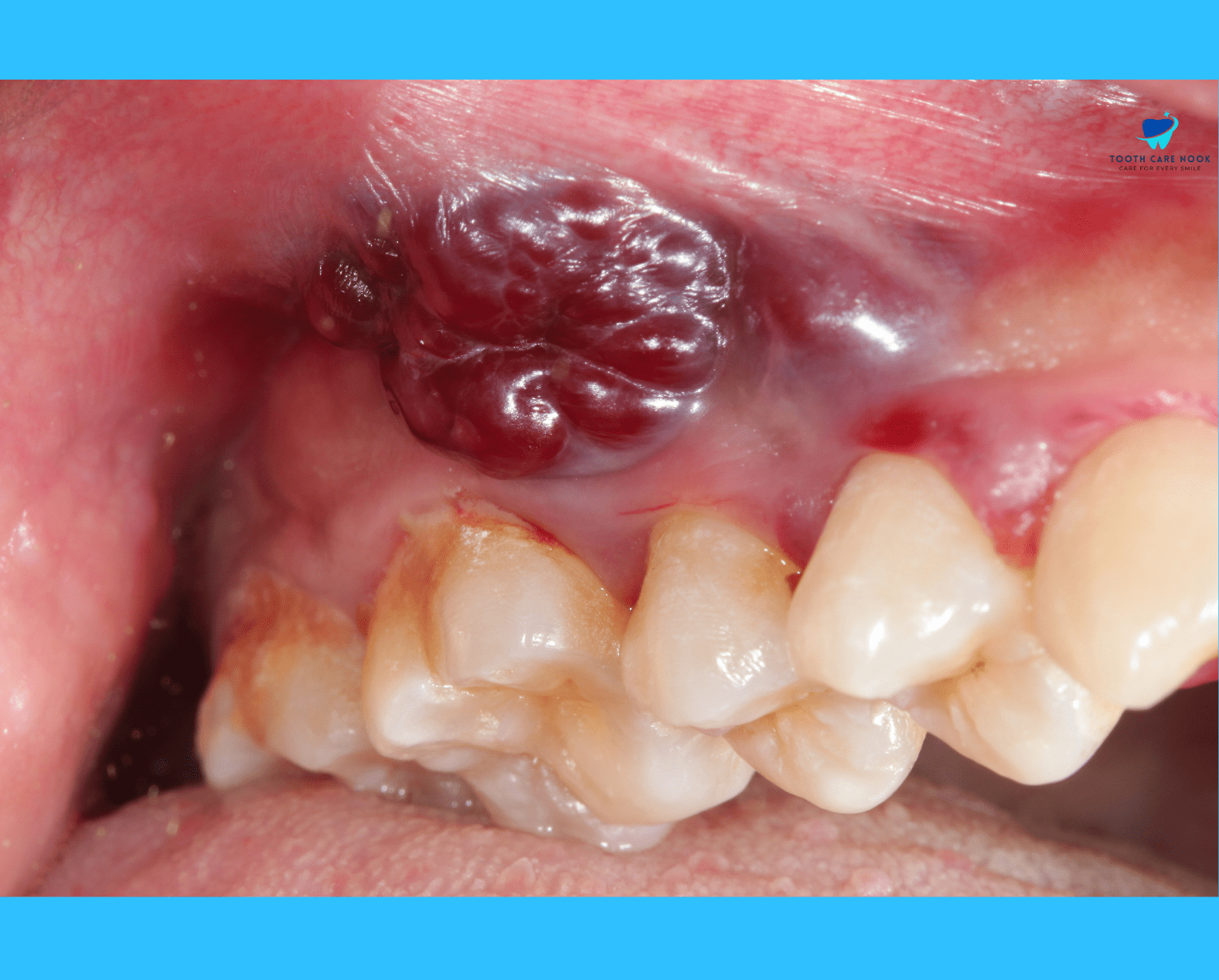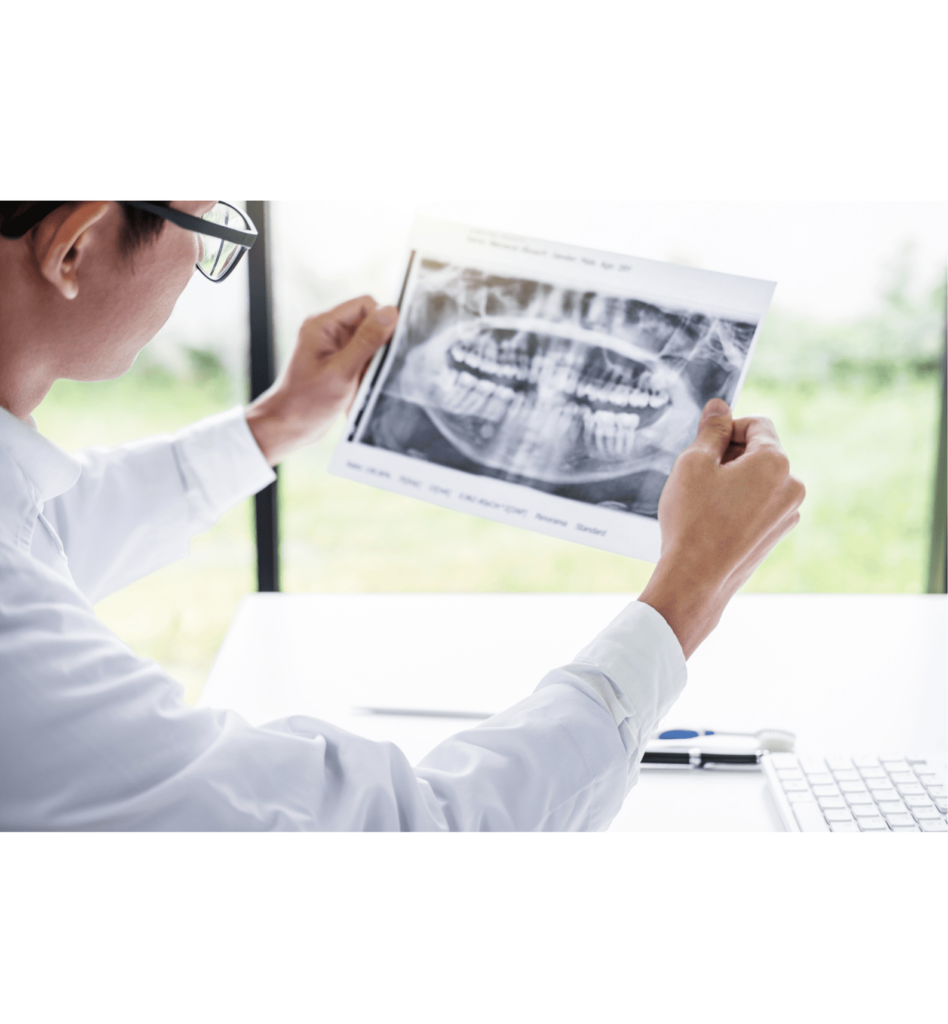How Many Dental X-Rays Are Safe Per Year?
The American Dental Association (ADA) suggests a guideline of once a year for routine X-rays, the dental X-ray frequency will vary based on individual factors.
For individuals without any recent dental issues or infections, an annual X-ray may not be necessary. Those dealing with active conditions, infections, or diseases will require teeth X-rays every six months to monitor their oral health effectively.
New patients often undergo X-rays to assess their dental status comprehensively and establish a baseline for future monitoring. These initial X-rays help dentists identify any pre-existing problems and track changes over time.
Are Dental X-Rays Safe?
Yes, dental X-rays are generally considered safe. It is a must that dental X-rays should be performed by trained professionals with the help of modern technology and adhering to established safety guidelines.
Dental X-rays do involve radiation exposure, which is typically low, and considered safe for patients of all ages. The benefits of diagnostic information obtained from X-rays are outweighed by the minimal risks associated with radiation exposure.
Why Do Dentists Push X-Rays?
Your dentists will push X-rays to ensure comprehensive care and protection for you. X-rays enable dentists to provide comprehensive care by allowing them to detect dental issues that cannot be visible during a visual examination alone.
These images help dentists diagnose conditions like cavities, infections, and bone loss, ensuring timely intervention and preventing more significant problems.
Why Are Dental X-Rays Important
Here are some reasons why dental X-rays are important:
- Detecting issues early through dental X-rays allows for timely intervention and prevents more significant problems down the line.
- Teeth X-rays help dentists implement preventive measures to maintain oral health and prevent the need for extensive treatments.
- Dental X-rays help dentists accurately diagnose and address dental issues effectively.
- Forensic dental X-rays are used in mass disasters, accidents, and criminal investigations to identify individuals. In cases when other methods do not work, X-rays provide unique identifiers that can be used to establish a person’s identity.
What Are The Dangers Of Dental X-Rays | Side Effects and Risks?
Following are some potential risks and side effects associated with dental X-rays:
- Getting too many dental X-rays can increase the risk of developing tumors in the head and neck region like salivary gland tumors and thyroid cancer.
- Some patients may experience allergic reactions to materials used in dental X-ray procedures, such as the film or digital sensors, or to the chemicals used to develop traditional X-ray films.
- For some patients, undergoing dental X-rays may cause discomfort or anxiety. If they have a sensitive gag reflex or fear of dental procedures.
- In rare cases, dental X-rays can result in misdiagnosis or incorrect interpretation of imaging findings which leads to unnecessary treatments or interventions.
- The thyroid gland is particularly sensitive to radiation exposure. Too many dental X-rays without proper shielding of the thyroid gland may elevate the risk of thyroid disorders which include hypothyroidism and thyroid nodules.

Can You Say No to Dental X-rays?
Yes, as a patient, you have the right to say no to dental X-rays. However, it’s important to understand that dental X-rays are valuable diagnostic tools that can help dentists identify dental issues early and provide appropriate treatment.
If you choose to decline X-rays, it’s important to communicate your decision to your dentist and discuss any concerns you may have. Your dentist can then work with you to develop a treatment plan that aligns with your preferences to ensure your oral health needs are addressed.

